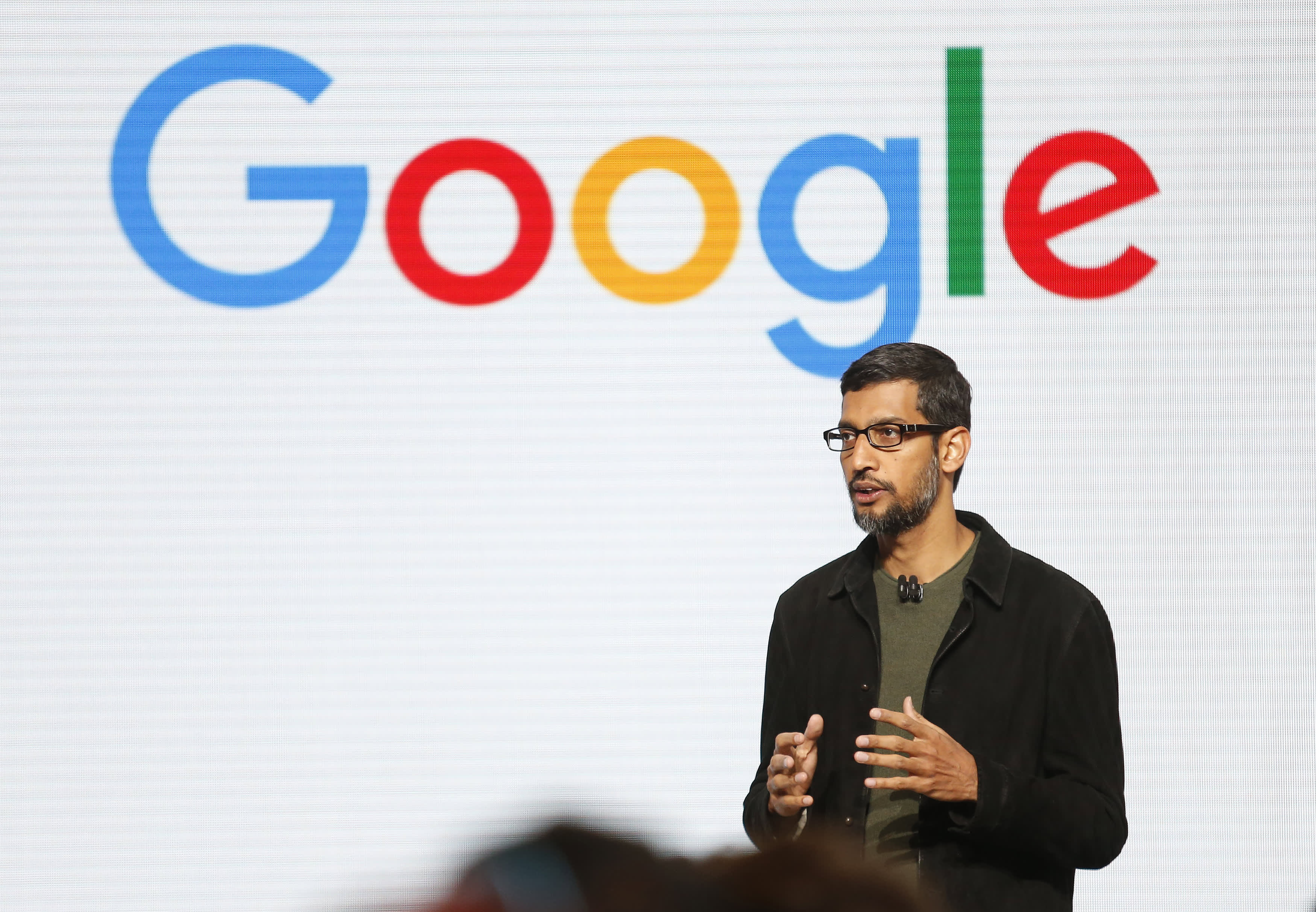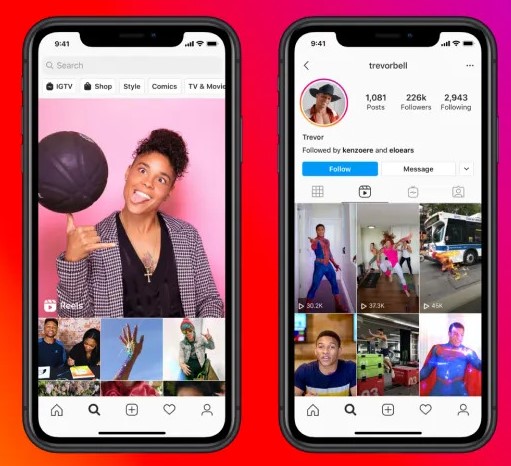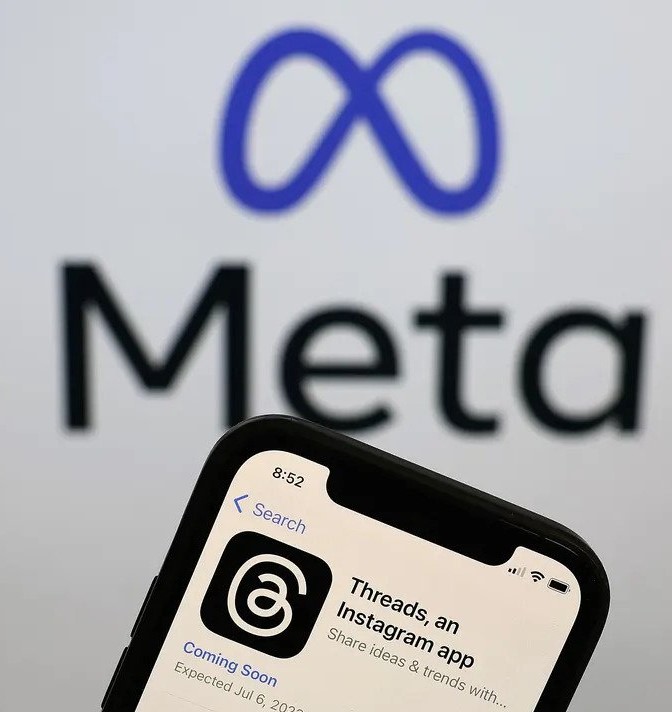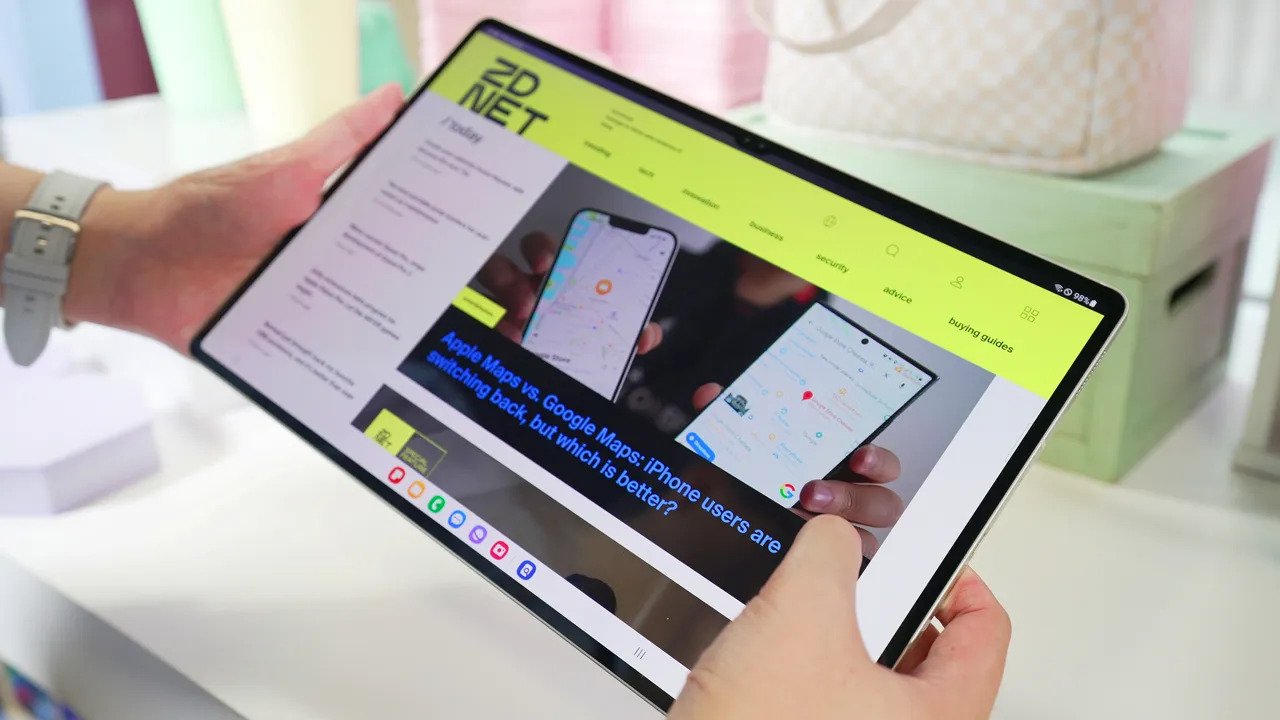Google has also introduced ‘Gemini’ as the company’s “largest and most capable AI model”
Our Bureau
Los Angeles, CA
Google has been trying its best to up its security game. Speaking of the latest development, the company’s Safety Check feature for Chrome, which, among other things, checks the internet to see if any of your saved passwords have been compromised, will now “run automatically in the background” on desktop.
As per The Verge, the constant checks could mean that users are alerted about a password that they should change sooner than they would have before.
Safety Check also watches for bad extensions or site permissions users need to look at, and they can act on Safety Check alerts from Chrome’s three-dot menu. In addition, Google in a blog post said that Safety Check can revoke a site’s permissions if users haven’t visited it in a while.
Google also announced an upcoming feature for Chrome’s tab groups, also on desktop: Chrome will let users save tab groups so that users can use those groups across devices, which might be handy when moving between a PC at home and a laptop when travelling.
As per Google, this feature will roll out “over the next few weeks.”
The automatic Safety Check feature is rolling out now to Chrome desktop users globally.
Recently, in its most ambitious effort to compete in the rapidly growing field of generative artificial intelligence (AI), Google has introduced ‘Gemini’ as the company’s “largest and most capable AI model”.
Gemini is designed to compete with the likes of OpenAI’s GPT models and supercharge everything from Google’s consumer apps to Android smartphones and that foresees the tech giant’s model being used in every setting, from big companies to consumer devices such as the Google Pixel 8 Pro.
Unlike existing AI models that typically deal with only one type of user prompt, such as exclusively images or text, Gemini was built to be “multimodal,” Google said. This means it accepts inputs that include multiple types of media, combining text, images, audio, video and programming code.
“This new era of models represents one of the biggest science and engineering efforts we’ve undertaken as a company,” said Google CEO Sundar Pichai in a blog post, according to a report.
Google’s Gemini model outperformed rival AI models in testing across more than two dozen benchmarks commonly used by AI researchers to evaluate an algorithm’s reading comprehension, mathematical ability, and multistep reasoning skills, the company said.
“We do see it setting new kinds of frontiers across the board,” Eli Collins, vice president of product at Google DeepMind, told reporters on a conference call Tuesday.
Taking to X, Google CEO Sundar Pichai also shared about the launch of Gemini, posting, “Introducing Gemini 1.0, our most capable and general AI model yet. Built natively to be multimodal, it’s the first step in our Gemini-era of models. Gemini is optimized in three sizes – Ultra, Pro, and Nano.”


























